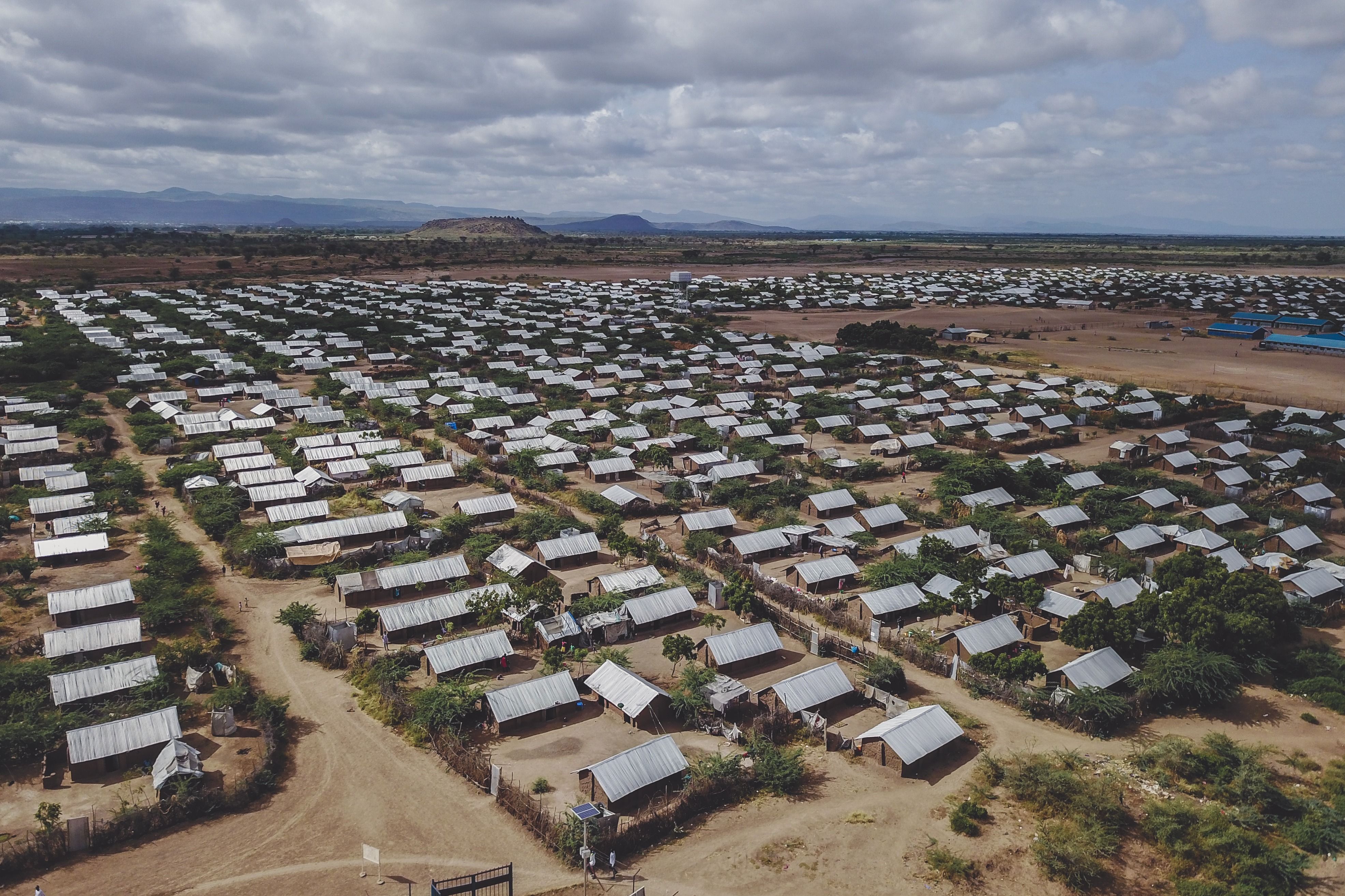
Part 1 of a series: Hardship and Hope in Sub-Saharan Africa
[hr]
By Clare Morneau
[divider]
Kakuma Refugee Camp is not an easy place to get an education. This refugee camp is located in northern Kenya, and is home to around 150,000 refugees hailing primarily from South Sudan and Somalia. The camp, established in 1992, is divided into four settlement areas, with the majority of refugees living in tent structures provided by the United Nations High Commission for Refugees (UNHCR), rendering the area a sort of transient city.
It is, in my experience, not a place that many people know about. Part of this is due to the camp’s prolonged existence, as the camp no longer holds the same emergent status in news coverage. Having opened in response to crises in Sudan, refugees have slowly been trickling into the camp for the past two and a half decades, due to to conflicts and environmental pressures in nearby countries. Many of these refugees have been unable to return home since their arrival in Kakuma, due to violence, famine, or tense political situations, and have had to make a life in the camp. Like everyone, refugees in Kakuma Refugee Camp need their basic needs fulfilled, and that’s where education comes in.
Over the years, outside organizations and refugees alike have tried to facilitate an education program within the camp. Elementary, middle, and high schools have been set up, some with more formal systems than others. There are several privately funded boarding schools in the camp, that are regulated by foreign donors and staffed with mainly Kenyan university graduates. Excluding these few schools, the majority of schools are vastly over capacity, lack supplies, and have teachers whose only qualification is their own high school diploma.
Despite the school conditions being far from ideal, many students do manage to complete their high school education. The quality of education is far from ideal, but the most proficient of students do manage to take the Kenyan board exams. However, the joy of high school graduation or a good score on the board exam is often short lived, as educational opportunities past high school are practically non-existent.
This will hopefully change within the next few years.
The United Nations High Commission for Refugees is in the process of planning the construction of the Turkana West University, a university located near Kakuma Refugee Camp that will accept both refugee and local Turkana students. The university will offer courses taught by another Kenyan universityhas plans to partner with other education institutions, such as Columbia University, and education organizations like Windle Trust.
It will be a place for both refugees from Kakuma and local Turkana people to attain a higher education, laying the foundation for a more peaceful future in the area. Since the camp’s opening, there has been a divide between the Kakuma refugees and the local Turkana population, as the refugee population is receiving aid that the Turkana people could also benefit from. With a joint educational space, higher education opportunities will be provided for both populations, alleviating some of the inequality in the region.
This university is a hope for refugee youth and Turkana alike, but how far will hope go? For the Turkana youth, it could be a way to improve their future, a path to new jobs and community development. But for the refugees who manage to graduate, will this school really lead to anything more? The Kenyan government is extremely restrictive of refugee movement within the country, and a university degree unfortunately does not guarantee an exit out of Kakuma. For many, a degree has little effect on refugee status.
The unfortunately pessimistic take on this new university stems from an awareness that it will ultimately not solve problems in Kakuma Refugee Camp. Refugee students need more opportunities to learn, but also more opportunities to live without the constraint of a refugee camp and the refugee label. The Turkana West University is a start, and one that will hopefully bring more awareness to the plight of these refugees and the vast gaps in Kakuma’s education system.
[hr]
Clare is a sophomore in Morse College. You can contact her at clare.morneau@yale.edu.